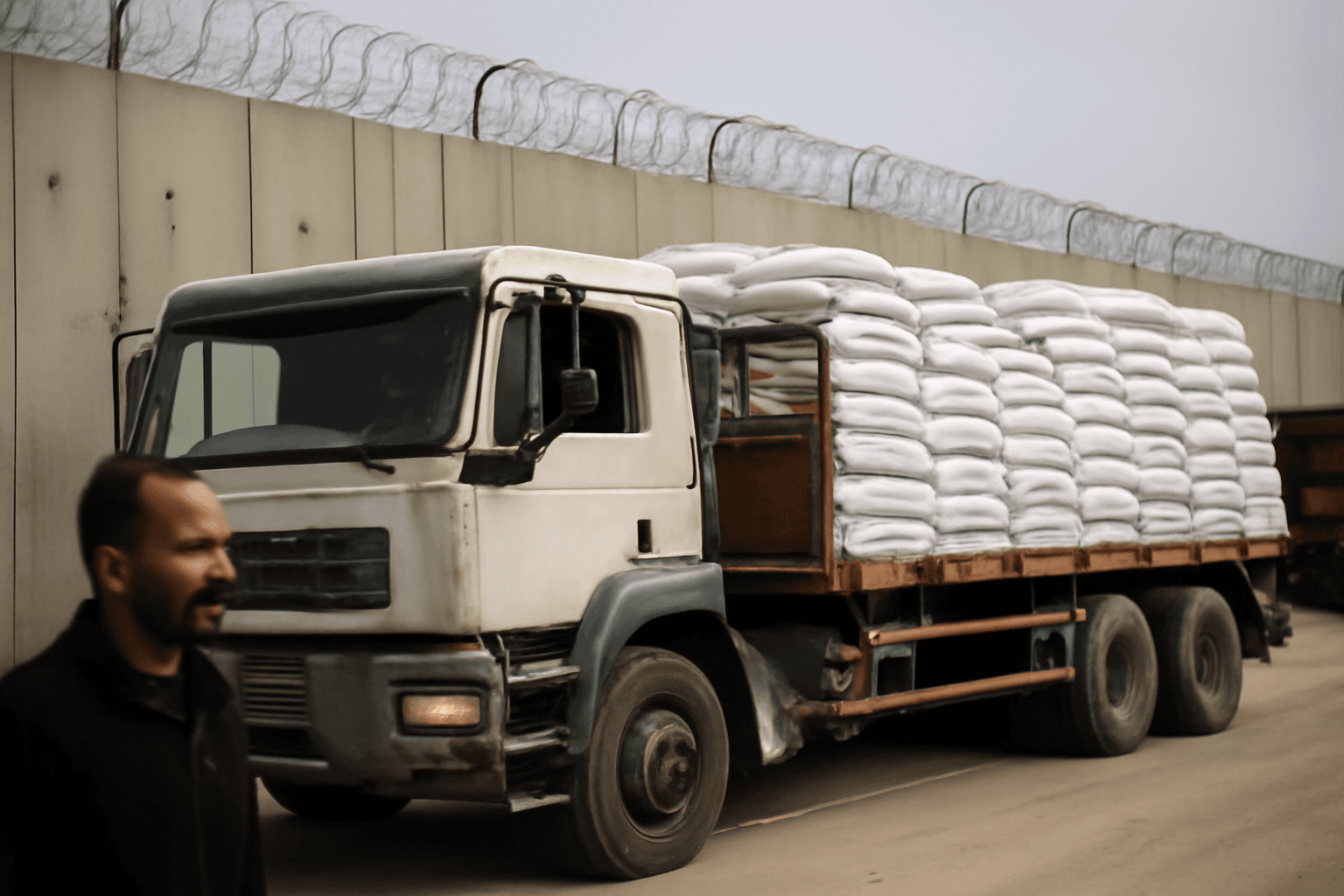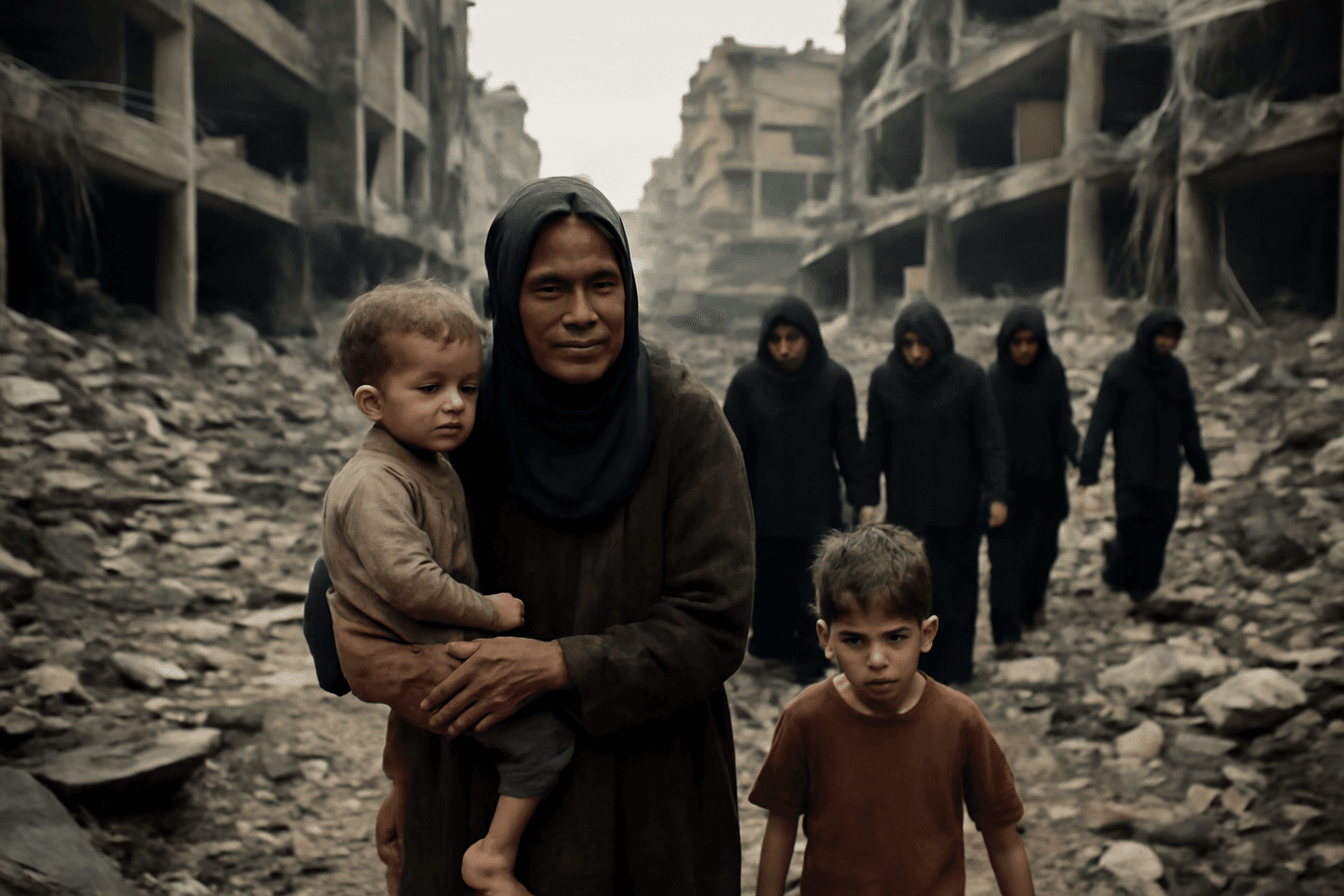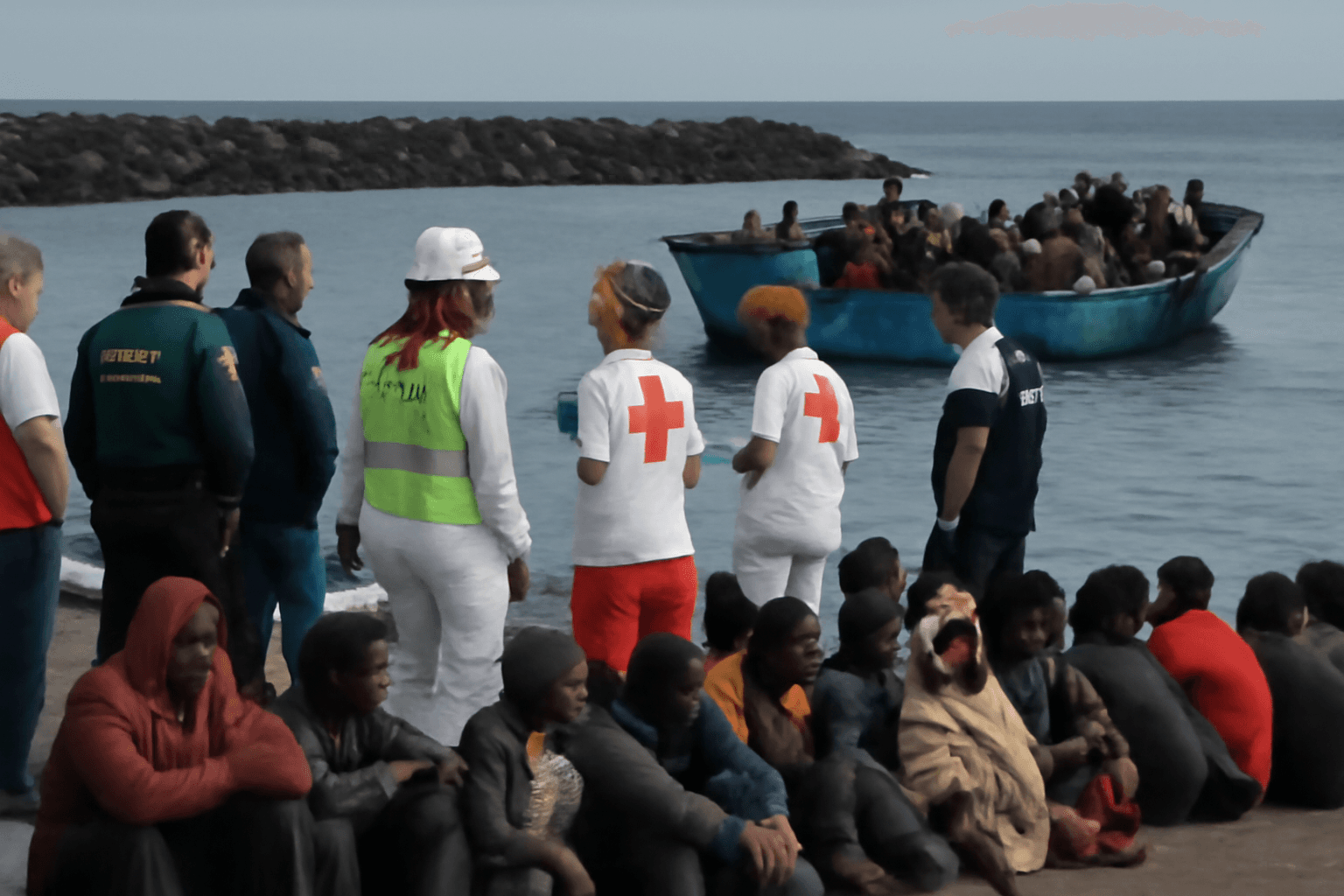The United Nations has expressed grave concern over the humanitarian situation in Gaza, describing it as possibly the "hungriest place on earth" due to significant restrictions on aid access. According to the United Nations Office for the Coordination of Humanitarian Affairs (OCHA), Israel has permitted only a fraction of the aid trucks designated for Gaza to reach its border.
Jens Laerke, a spokesperson for OCHA, reported that out of 900 aid trucks scheduled to enter Gaza, only 600 have been authorized to approach the Israeli border. Once there, a combination of bureaucratic and security challenges has considerably impeded the safe transfer of aid into the region. Laerke emphasized that the only substantial aid delivered so far has been flour, which requires cooking, thereby providing no immediate ready-to-eat food solutions for the population.
Highlighting the severity of the crisis, Laerke stated, "100% of the population of Gaza is at risk of famine," underscoring the critical need for expedited and increased humanitarian assistance.
Further compounding the dire conditions, a representative from the International Committee of the Red Cross and Red Crescent informed that approximately half of Gaza's medical facilities are non-operational due to shortages of fuel and medical supplies. This shortage threatens access to essential healthcare amid the ongoing crisis.
The situation calls for urgent international attention as delays and restrictions continue to exacerbate the humanitarian emergency in Gaza.



















